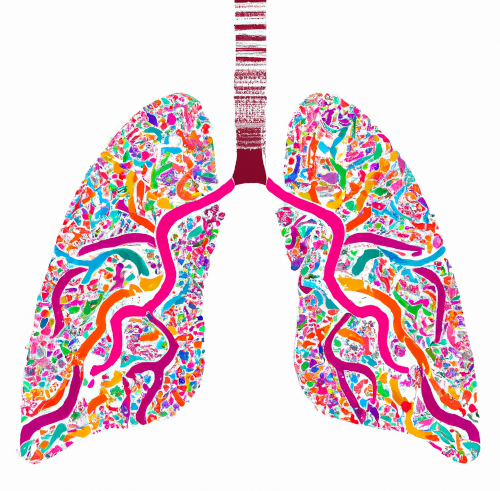What is breathwork?

In its broadest sense, breathwork is a 20th Century concept that describes any methodical manipulation of one’s breathing to improve psychological or physical well-being. The type of breathwork we offer is Consciously Connected Breathwork. Consciously Connected Breathwork relies on ‘intensifying the breath’, that is, breathing faster and deeper than usual. This causes physiological changes (e.g. a reduction of blood CO2 levels), which in turn modulate brain activity, causing a wide range of effects from simple relaxation to intense altered states of consciousness.
These non-ordinary states of consciousness can support emotional processing, helping practitioners to (1) face challenging emotions like grief, anger and fear as well as trauma, and (2) expand their understanding of themselves through a process of unfiltered self-discovery, enhancing self-awareness, self-compassion and emotional openness. This works in part by lifting the control mechanisms that normally filter our conscious experience of our own feelings, perceptions, needs and memories.
Although in some ways, breathwork experiences can be similar to psychedelic states, the most important difference is that a breathwork session is always controlled directly by the breather. As such, an overwhelming experience can be stopped within minutes by returning to normal breathing. Depending on the comfort levels of each client, support from us as facilitators can include bodywork, voicework and other interventions during the session, as well as preparation before and integration after the session.
What does a breathwork session look like?
A breathwork session typically lasts about 90 minutes: 60 minutes of active breathing, plus time for preparation and integration. We generally begin a session with a conversation about the themes that are currently at the forefront of your life. The breathwork session itself relies on a simple breathing rhythm that you practice while lying down on a mattress. Once a session has started, you can encounter vastly different experiences. In some sessions, you may simply feel relaxed, and may not remember any concrete experiences. Other sessions are physical – you may move, shake, cough, even dance. Others still can be very emotional – you may laugh, cry, or remember feelings from different points in your life. Some sessions can give you cognitive insights – you may suddenly see a question or problem very clearly, or change perspective on an issue. Most sessions are a surprising mix of these components. What they all have in common is that whatever comes to the surface of your consciousness is most likely exactly what you need to process at this time.
